Today’s readings: Daniel 3:25, Daniel 3:34-43 | Romans 8:31-39 | Mark 4:35-41
“Why are you terrified? Do you not yet have faith?”
I can remember during my seminary formation, one of the most terrifying days of my life was during my third year of Theology formation. That year, I had agreed to serve as a fire chaplain for one of the local fire departments. I didn’t take that position lightly, because frankly, the whole idea of it scared me to death. But I was asked to pray about it, and I’ll tell you, if you do that, you’re never going to hear God say, “Never mind, I’ll ask someone else.” So the day when I was most terrified was one morning when I was awakened at 5am by a page from the department that they needed a couple of us chaplains to come and minister to a family whose father had just committed suicide.
I quickly got dressed and called the other chaplain who was going with me, and I headed down the hall to meet him in the parking lot. As I was running through the hallways, I asked God, “What on earth do you want me to do in this situation? How am I ever going to give comfort to this grieving family?” I was absolutely terrified. Well, we got there and, while we didn’t have adequate words to say, our presence did seem to help. And the local police department, who did not have a chaplain, was so pleased that they asked for us to help them a few times after that.
I learned in that moment that it’s okay to be afraid, as long as I focused on Jesus. Fear happens – no matter what we do in life. Fear can paralyze us and keep us from doing what God wants and what others need. Or fear can force us to look to the God who wants the best for all his children.
That’s what I think is going on in the Gospel story we just heard. I really don’t think Jesus expected those disciples not to be afraid of the storm and the sinking boat. I think he expected them to trust in his ability to calm the storm, which they did in some ways, or they wouldn’t have called out to him. And that trust was rewarded. Not just by the calming of the storm, but by the knowledge they gained in that situation that they could count on him and not let fear put an end to their relationship with him.
I can’t know the mix of emotions that comes to our first responders when they get the call. I got a little glimpse of it as a fire chaplain. But I wasn’t the one walking into the burning building because I was with the family as they huddled in a neighbor’s house across the street. I wasn’t the first one into the house when the family member committed suicide; the situation was stabilized before I was even allowed in. That all being the case, I do know, when I’ve had to act in times of fear and crisis, I was always okay with it when I remembered the presence of the God who never abandons us.
In these days of pandemic, there is added fear and stress that is added to what you do. You don’t know if the people you encounter in the course of your work have been exposed to COVID-19, and how that may affect you. It’s hard to social distance when you have to respond to someone with a medical need or who needs some physical persuasion to obey the law. PPE is hard to come by, and even when you have it, you have to pray it’s on right and doing its job. But regardless of the situation, our communities still have needs, and still need the assistance of those who have sworn to serve and protect us all.
In the midst of the complication that this disease puts into every interaction, Saint Paul’s words in today’s second reading give great comfort:
What will separate us from the love of Christ?
Will anguish, or peril, or the sword? …
No, in all these things we conquer overwhelmingly
through him who loved us.
The presence of a virus in our world is never, can never, will never outweigh the presence of Christ who loves us. Nothing can ever separate us from that.
And so tonight we gather in gratitude for all that our first responders do for our community, especially during this difficult time. I have to give a special shout-out to the Plainfield community, who have gathered around in support of each other during this time. I haven’t experienced that level of cooperation and care in any other community in which I’ve ever served, so my gratitude is that much greater! We also pray for all first responders in communities all over our nation and our world. We ask God to give them safety and the assurance of his presence in every situation.
And so we faithful ones forge on in hope, knowing that COVID-19 is not forever. Nothing gets to be forever except God’s grace and mercy and love. And so, while disease is a fearsome thing, we don’t owe it our fear. If we use that energy instead to trust in God’s providence and presence in every situation, and know that he is at work in us, he can then use us to renew the face of the earth. Because that’s what’s really going on here: renewal. Renewal of our relationship with God, our trust in him, our commitment to live the life he wants for us.
God’s mercies aren’t limited by disease or social distancing. Fear and disease and even the powers of hell will not prevail against God’s Church and God’s work in the world.
Because Christ is risen. He is risen indeed. Alleluia.
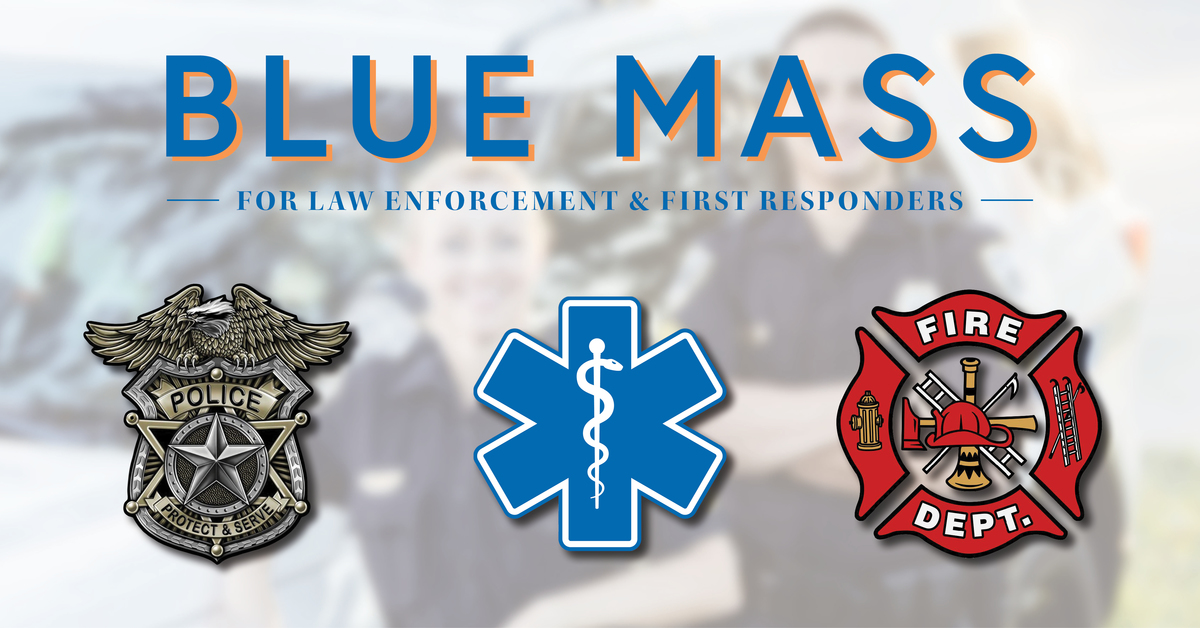
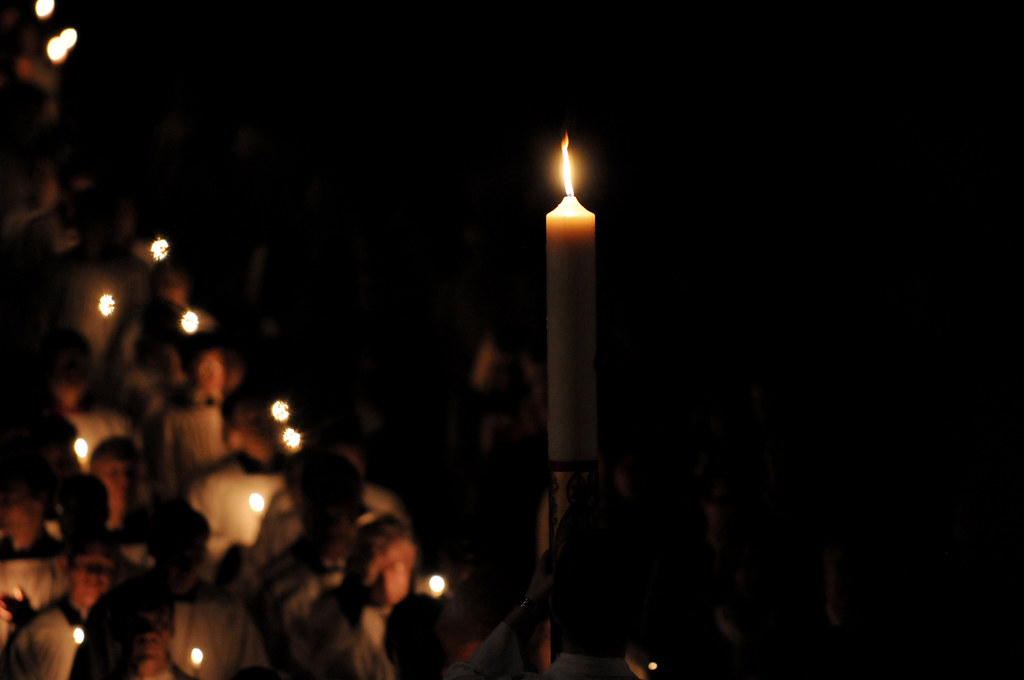
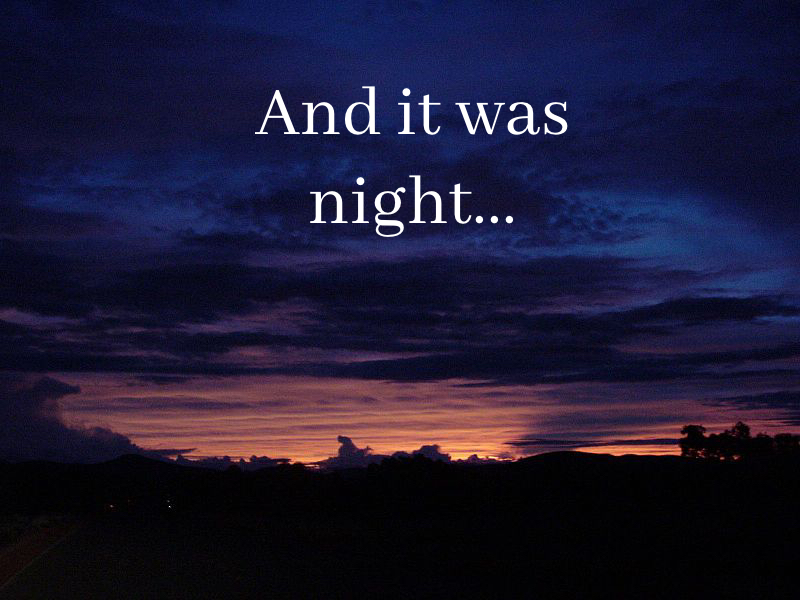

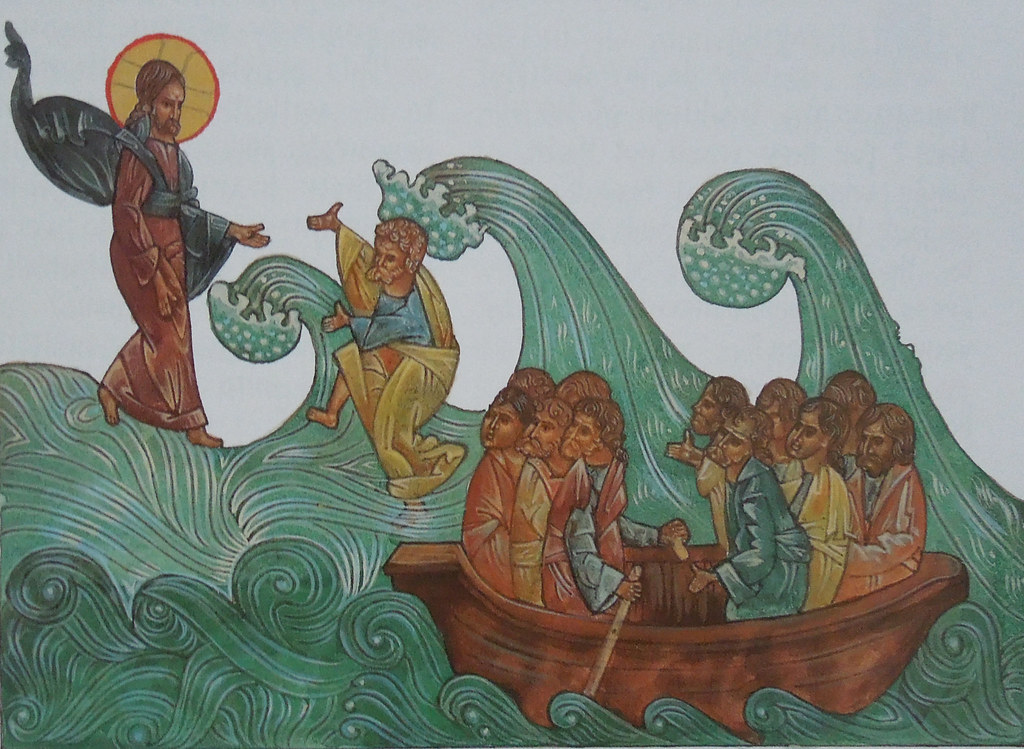
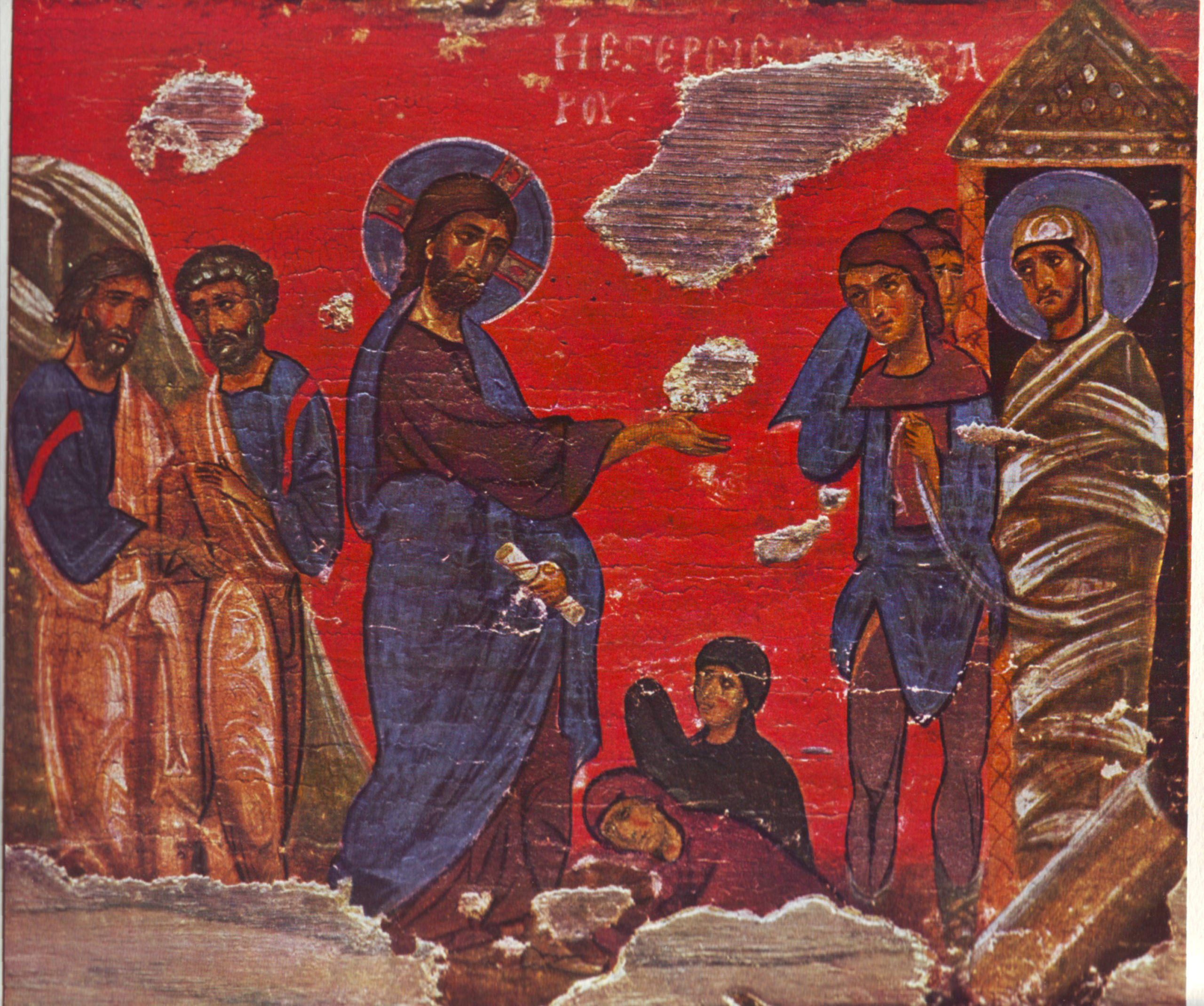
You must be logged in to post a comment.